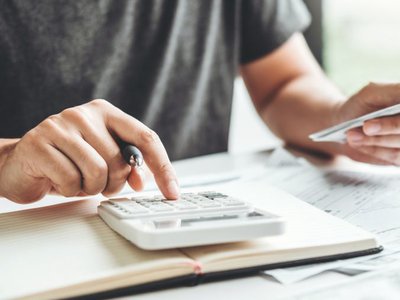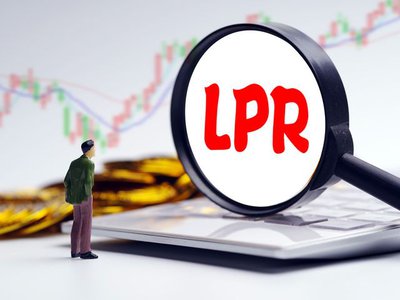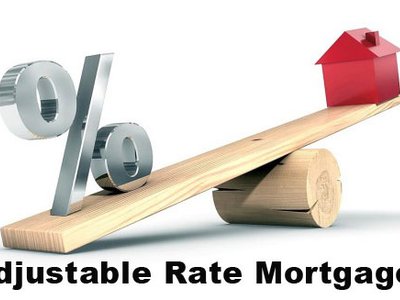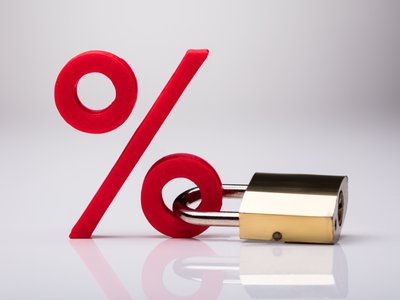Upon graduating college or dropping to less than half-time in college, your lender gives you a six-month grace period before you need to repay the loans. For most people, this is great. It allows you to get some financial footing before you start paying back the money.
On unsubsidized federal loans, interest begins accruing even while in school. Adding another six months before repaying on the loan means owing even more money than you do at graduation. Why? The interest is capitalized, added to the loan principal. You pay interest on the interest. This even goes for private loans, but lender terms can vary.
The federal government will be responsible for the interest accrued on subsidized loans during school and the grace period. If you put your loans in forbearance, you are held accountable for paying the interest on both types of loans.
Student Loan Hero said the worst case scenario is interest capitalization, as it adds more years to the repayment period and increasing how much a person owes on the loan.
Private loan comparison platform Edvisors said deferment of student loan repayments while in college could lead to a rise of 20 percent of the original loan. If a person needs another deferment, it just adds more to the loan because the capitalized interest is growing.
For students to avoid this scenario, they are advised to make some payments on the interest during the grace period. Any payment – large or small – can help the student’s bottom line. While this isn’t possible for everybody, it will save students a lot of money in the grand scheme of things.
Any student unable to pay on their loans should consider the income-based repayment plan, which can help them repay their loans once the grace period is up.






